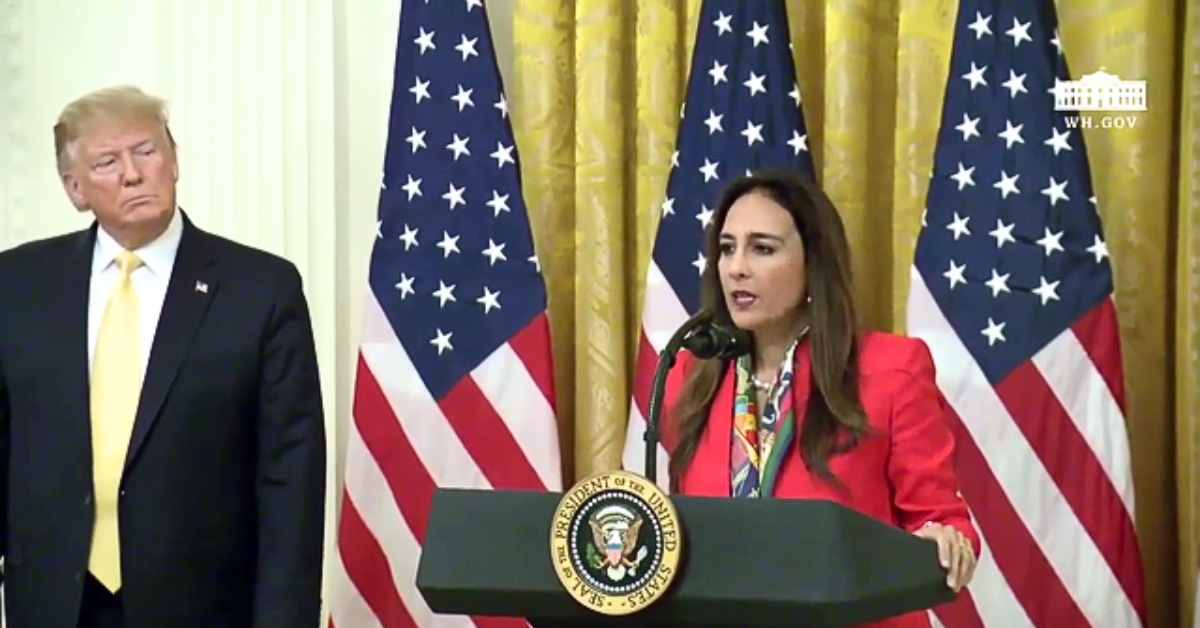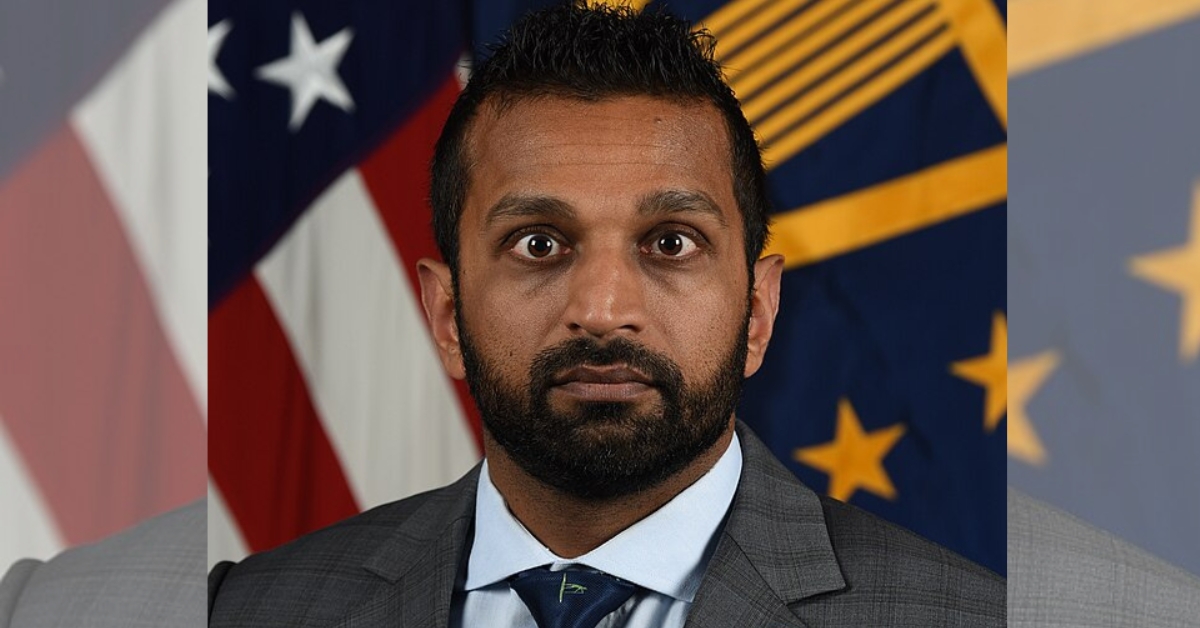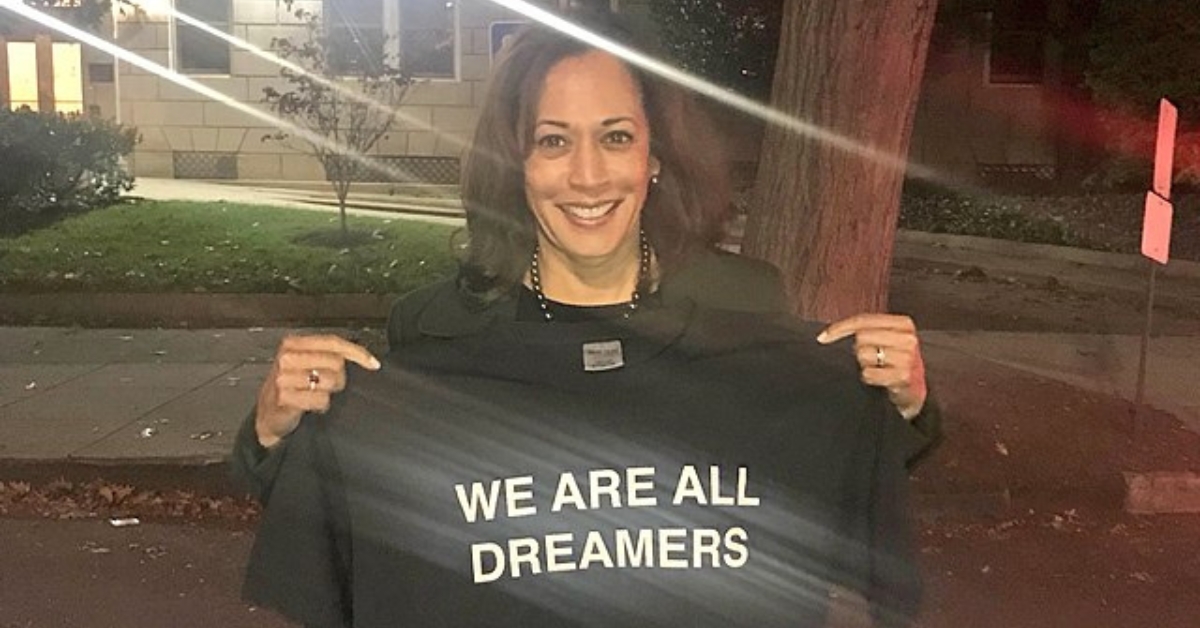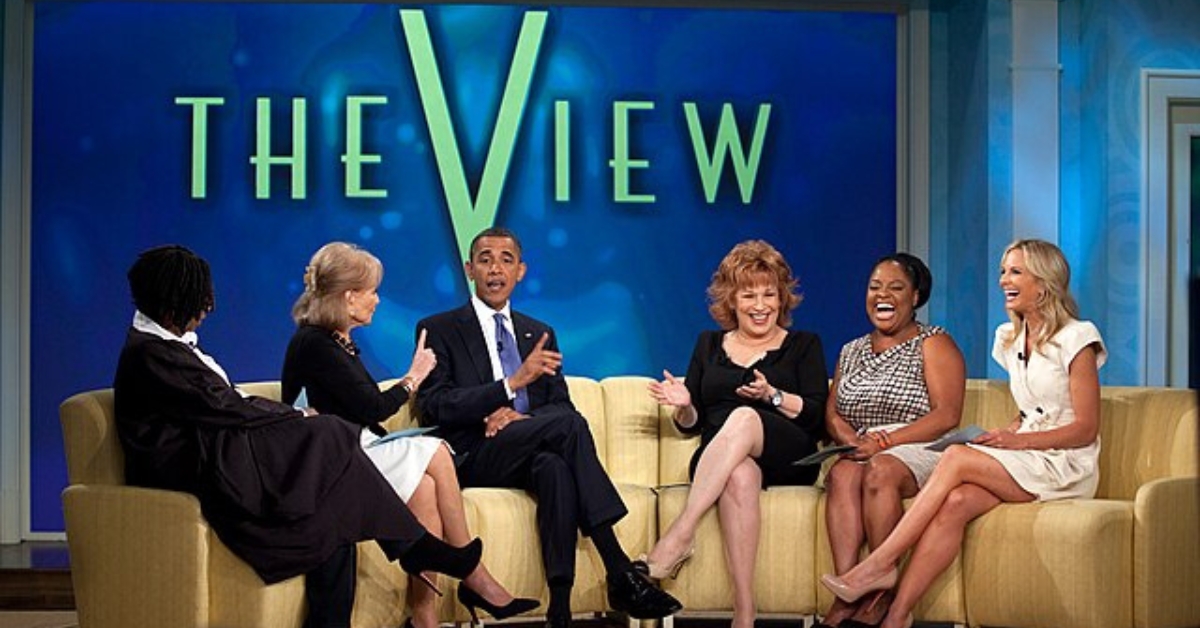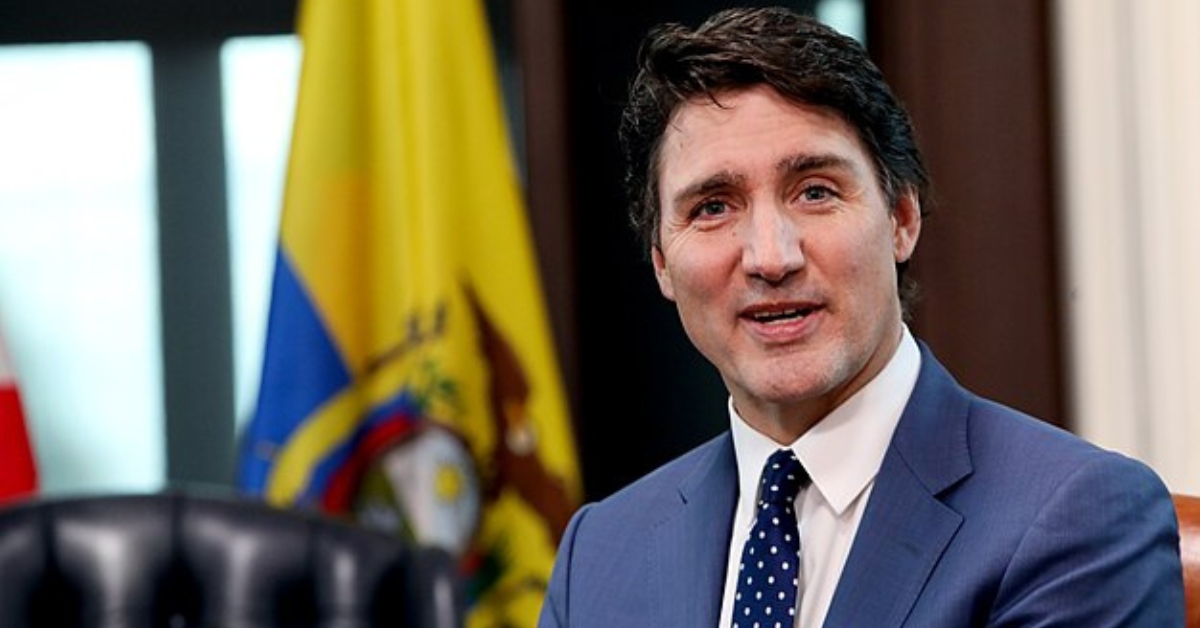
Millions Could Miss Trump, Harris Debate Due to Contract Dispute
In a glaring display of corporate ineptitude and possible collusion, millions of Americans might be sidelined from witnessing a pivotal moment in our democracy—the 2024 presidential debate between Donald Trump and Kamala Harris. This spectacle, set for September 10, faces a significant viewership dent as ABC, owned by the Walt Disney Company, remains tangled in a contract dispute with DirecTV, which currently serves 11.3 million subscribers. As a result, ABC, along with other Disney-owned channels like ESPN and FX, went dark for these subscribers right before this crucial political event.
This debacle is not just a routine corporate standoff; it’s a direct threat to the public’s right to informed participation in the electoral process. DirecTV’s CEO Ray Carpenter has made it clear that there’s no quick fix coming, aiming instead for a “long-term sustainability” that does little to help Americans now needing access to critical political content. While ABC plans to simulcast the debate on other channels, this does little to assuage the fact that a significant portion of the electorate could miss out due to corporate wrangling.
The layers of potential conflict of interest thicken with Kamala Harris’s long-standing friendship with senior Disney executive Dana Walden, a relationship dating back to 1994. Walden has been a consistent financial supporter of Harris’s political ambitions, from her days as San Francisco’s district attorney to her current vice-presidential mantle. Such ties raise legitimate concerns about the impartiality of the coverage, especially when Donald Trump himself has accused Walden of potentially leaking debate questions to Harris. These allegations, whether substantiated or not, underscore a broader issue of trust and bias in media, particularly given that the debate format has been a bone of contention between the campaigns.
What we are witnessing is not merely a television dispute or a typical pre-election skirmish. It’s a concerning glimpse into how intertwined media, politics, and personal relationships can become, potentially skewing public perception and impacting electoral integrity. As conservatives, we must demand greater transparency and fairness in how these debates are presented and covered. The American public deserves a clear, unobstructed view of their potential leaders, unmarred by corporate disputes or insider politics.
